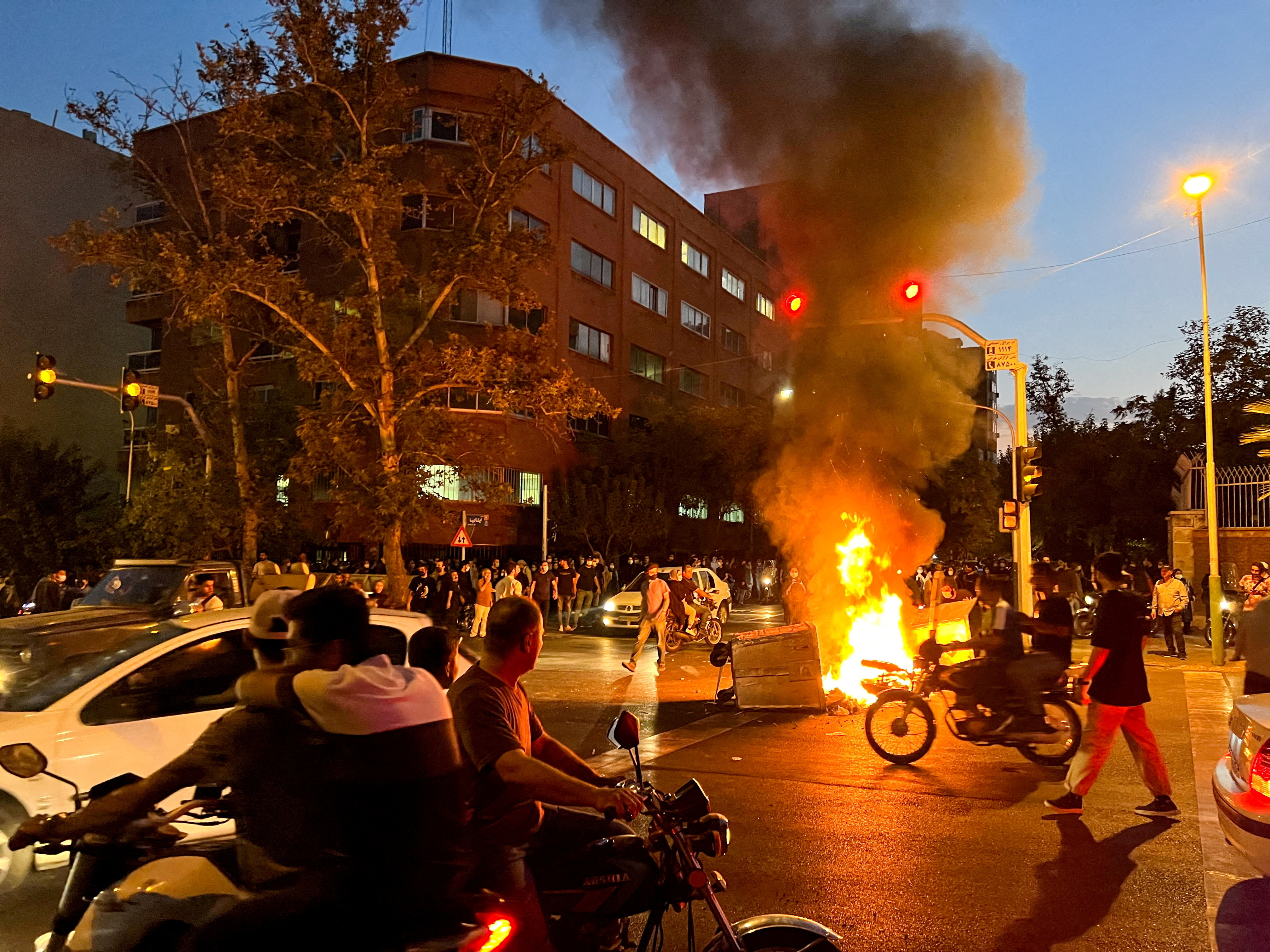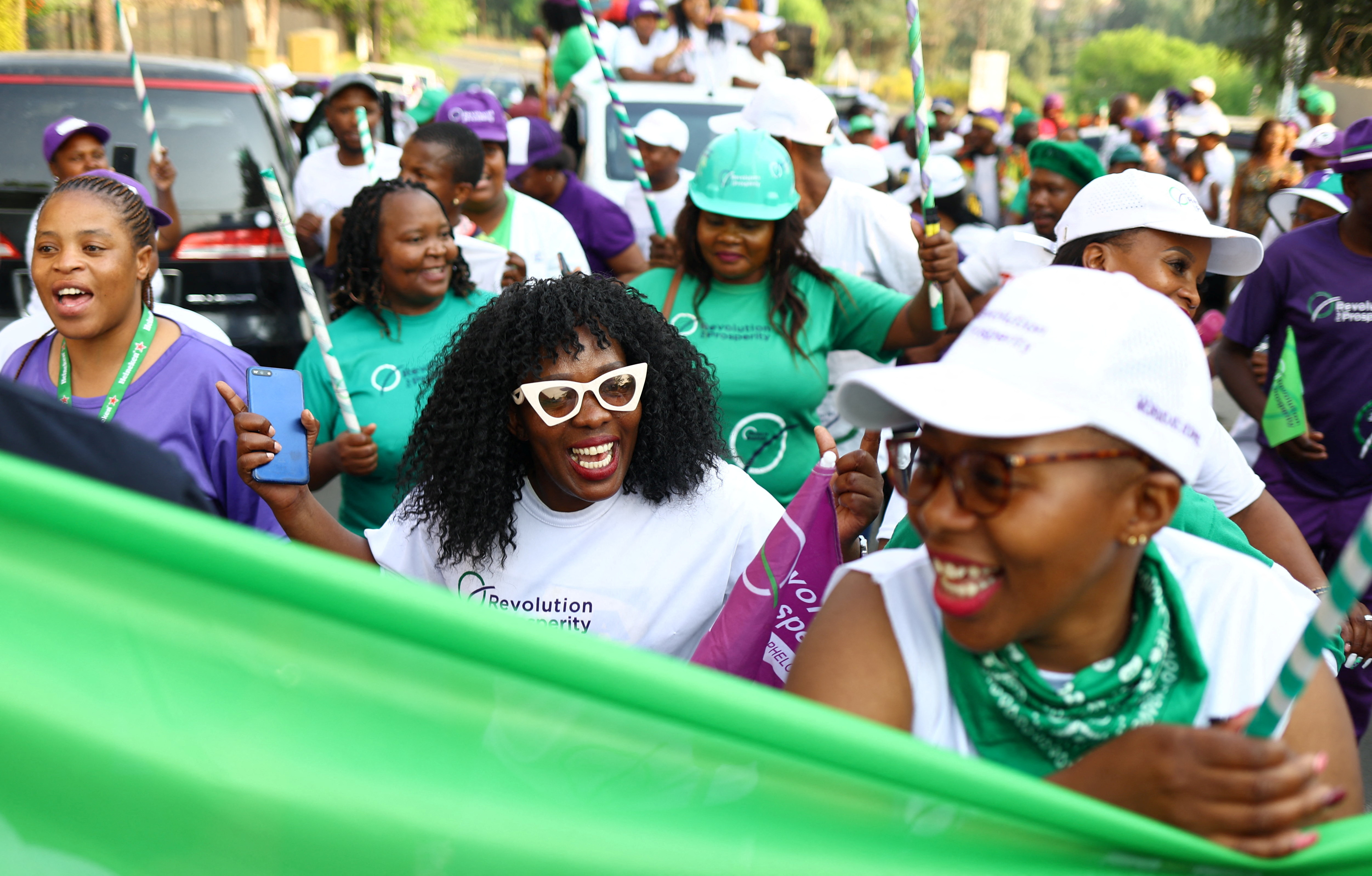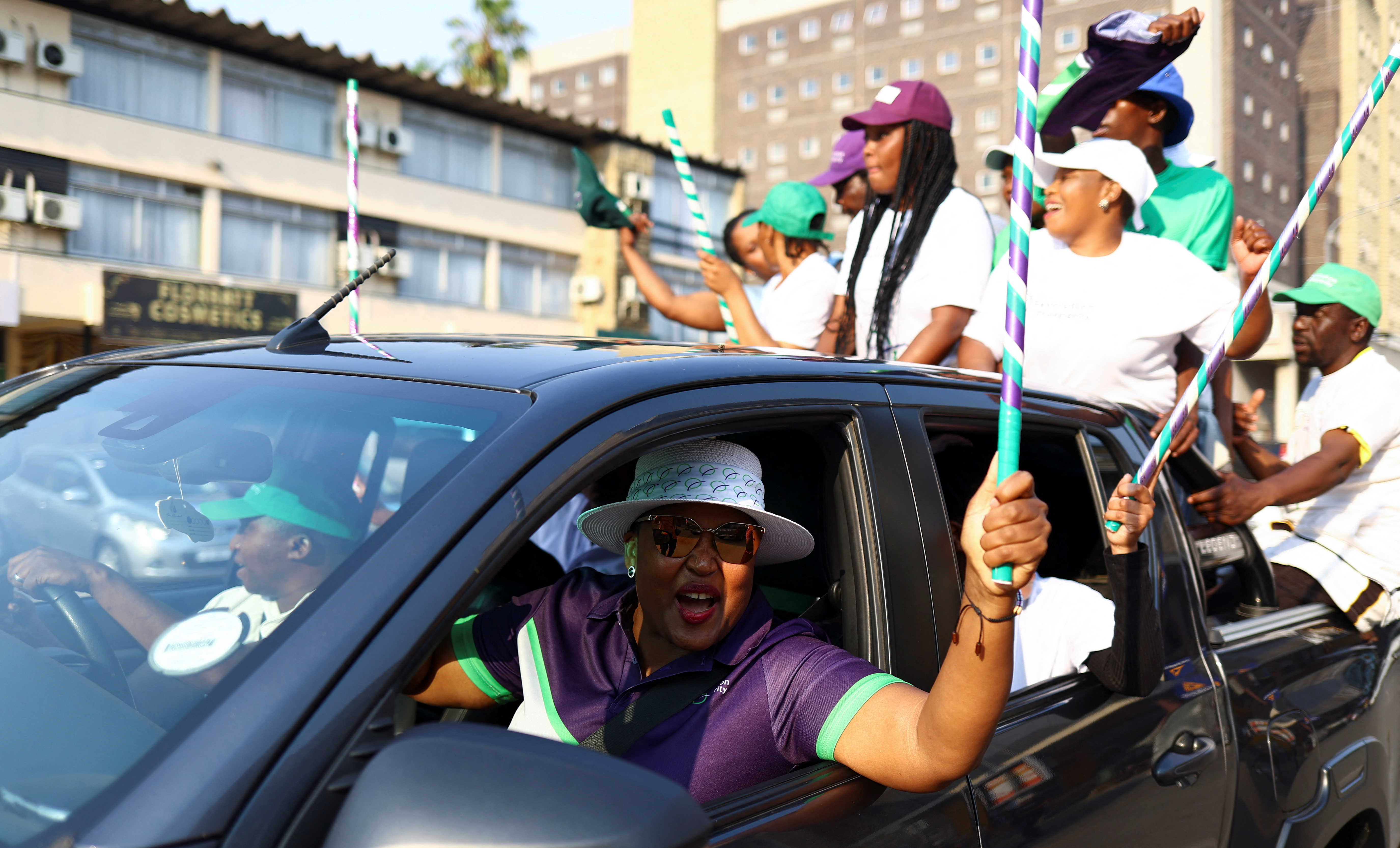Rita Liao

With the rising tide of fake news on social media platforms, the debate over how much control a government should have on online information is a perennial one. In Vietnam, the government is intensifying its control over the internet regime. The country is formulating new rules to control which types of social media accounts are allowed to disseminate news in the country, Reuters reported, citing sources.
The decision, according to Reuters, results from the government's concerns over users mistaking social media accounts for authorized news outlets.
While citizens might want the government to boot genuinely misleading information, the risk of more regulatory oversight is a loss of freedom by the people. Vietnam already has one of the world's most restrictive internet governance regimes and was given an "internet freedom score" of 22 out of 100 by the pro-democracy nonprofit Freedom House. That makes its internet freedom worse than that of Russia (30/100) and Saudi Arabia (24/100).
The authorities are also weighing new measures that would ask social media platforms to remove content that is illegal or deemed to harm national security, according to Reuters.
The approach would put the burden on the likes of Facebook, Instagram, ByteDance-owned TikTok, and Tencent-backed messenger Zalo to purge content unwanted by the authorities. Western giants are already showing obedience to stay operational in the country of 100 million people.
In its annual report, the Vietnamese Human Rights Network said "several media platforms, especially Facebook, have complied with the Vietnamese government’s escalating demand to censor dissidents." The American social networking behemoth was caught between a rock and a hard place. In 2020, when it balked at the country's request to remove posts critical of the government, the authorities used their control over local internet providers to slow its traffic to unusable levels.
Vietnam's restriction on social media news dissemination is reminiscent of a recent move by China to crack down on unauthorized news publishers. Last year, Beijing said social media accounts posting news must hold the relevant media licenses. Press accreditation in China is almost exclusively reserved for state-owned outlets, meaning the millions of content creators would have to shun all things newsworthy.
Indeed, some have likened Vietnam's grip over the internet to China's censorship model. When Vietnam rolled out its cybersecurity law in 2021, many saw the Southeast Asian country as following in China's footsteps. For example, the law requires foreign tech giants like Facebook and Google to store user data locally and allows the government to block access to content that could be defined as dangerous to national security, similar to China's request to have Apple's and Tesla's local user data kept within its borders.
Facebook agrees to restrict anti-government content in Vietnam after months of throttling


































